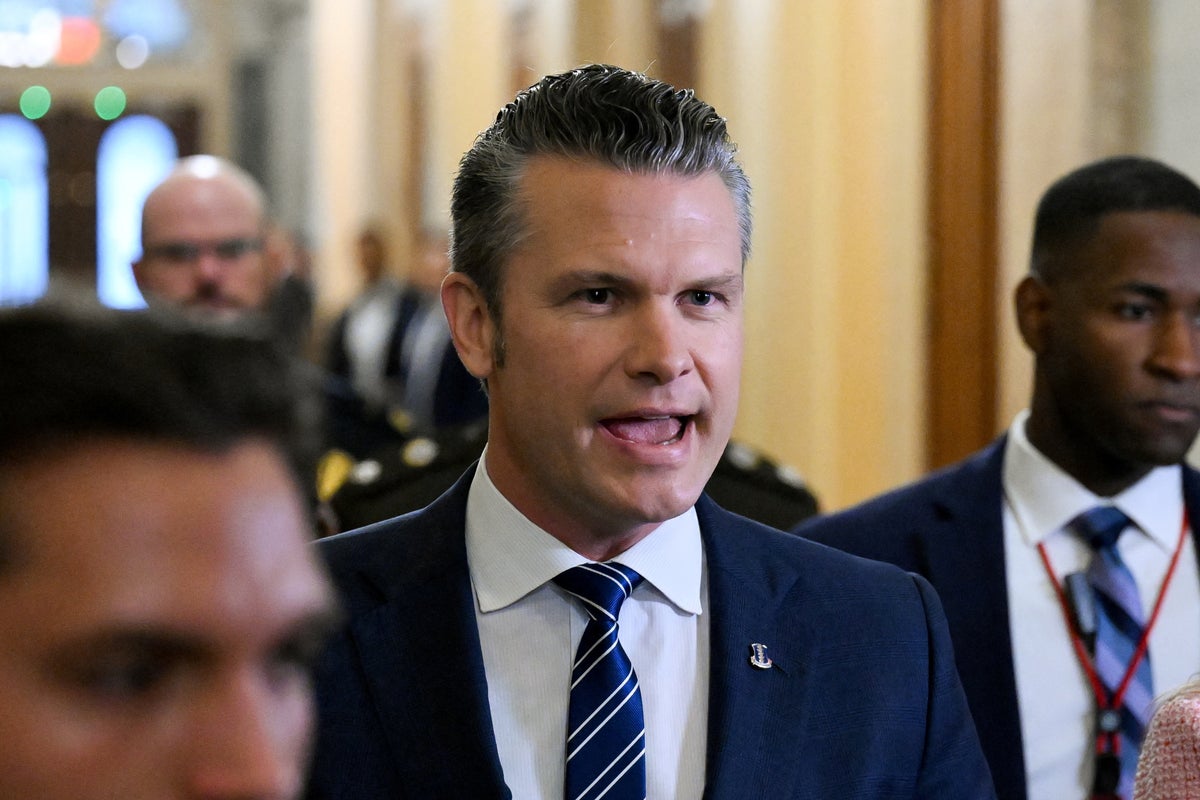Hegseth: The U.S. Military’s Squandered Advantage
In a recent congressional hearing, Defense Secretary Pete Hegseth addressed key concerns regarding the current state of the U.S. military and the proposed budget aimed at revitalizing it. Hegseth emphasized that the United States has squandered its longstanding military advantage over the past quarter-century. With the advent of a significant military buildup by China, he underscored the urgent need to correct this misstep under the Trump administration’s leadership.
Historical Context: Military Readiness in Decline
Hegseth nostalgically recalled a time when the U.S. military was unparalleled in strength. He stated, “Twenty-five years ago, our military was unchallenged.” However, he indicated that a combination of strategic miscalculations and insufficient funding had led to a decline in military readiness. The misallocation of resources, compounded by geopolitical shifts, has left some defense experts worried about America’s global standing.
Budgetary Commitments: A New Era of Investment
Central to Hegseth’s testimony was the proposed Republican budget, which he described as “a historic level of funding for military readiness.” This budget requests approximately $961.6 billion, which, when considering national security costs, exceeds one trillion dollars. Hegseth passionately noted that this financial commitment aims to end years of chronic underinvestment in the armed forces, asserting that “this budget puts America first and gives our warriors what they need.”
Addressing Modern Warfare
Committee members posed critical questions about evolving military challenges and technological needs. Rep. Tom Cole inquired about initiatives like the Golden Dome and advancements in hypersonics. Hegseth responded with enthusiasm, outlining plans for these crucial programs that reflect the dynamic nature of contemporary warfare. He declared, “We’re rebuilding our military,” underscoring a renewed focus on innovation and adaptation in defensive strategies.
Political Divides: Responses from Opposition
The congressional hearing wasn’t without its contention. Democratic Rep. Rosa DeLauro sharply criticized the administration’s funding strategy, contending that the path taken has led to “lawlessness across the government.” She asserted that the American public deserves better from military leadership, highlighting issues like the dismantling of essential agencies and the manipulation of fund allocations for wealthy tax breaks. DeLauro’s concerns also extended to the future generations of servicemen and women, stressing that many rely on public assistance for basic needs, illustrating the disconnection between military funding and broader social issues.
Bridging the Gap Between Budget and Reality
For Hegseth, the goal is clear: ensure that the military receives the attention and resources it demands. He acknowledged the difficulties posed by continuing resolutions, which hinder planning and operational capacity. His remarks to the committee emphasized a commitment to not allow past funding issues to plague the military again.
The Call for Action
As discussions evolved throughout the hearing, Hegseth maintained that correcting the course of U.S. military funding and readiness is a critical objective. He positioned this budget as not just a financial lifeline but a pivotal strategy in reclaiming the military edge lost over the years.
In a landscape marked by increasing global tensions and rival military capabilities, the stakes are high. The committee’s response to Hegseth’s heartfelt commitment to military revitalization reminds us all that national security remains an ever-evolving dialogue—one that requires continuous assessment, investment, and public scrutiny.


